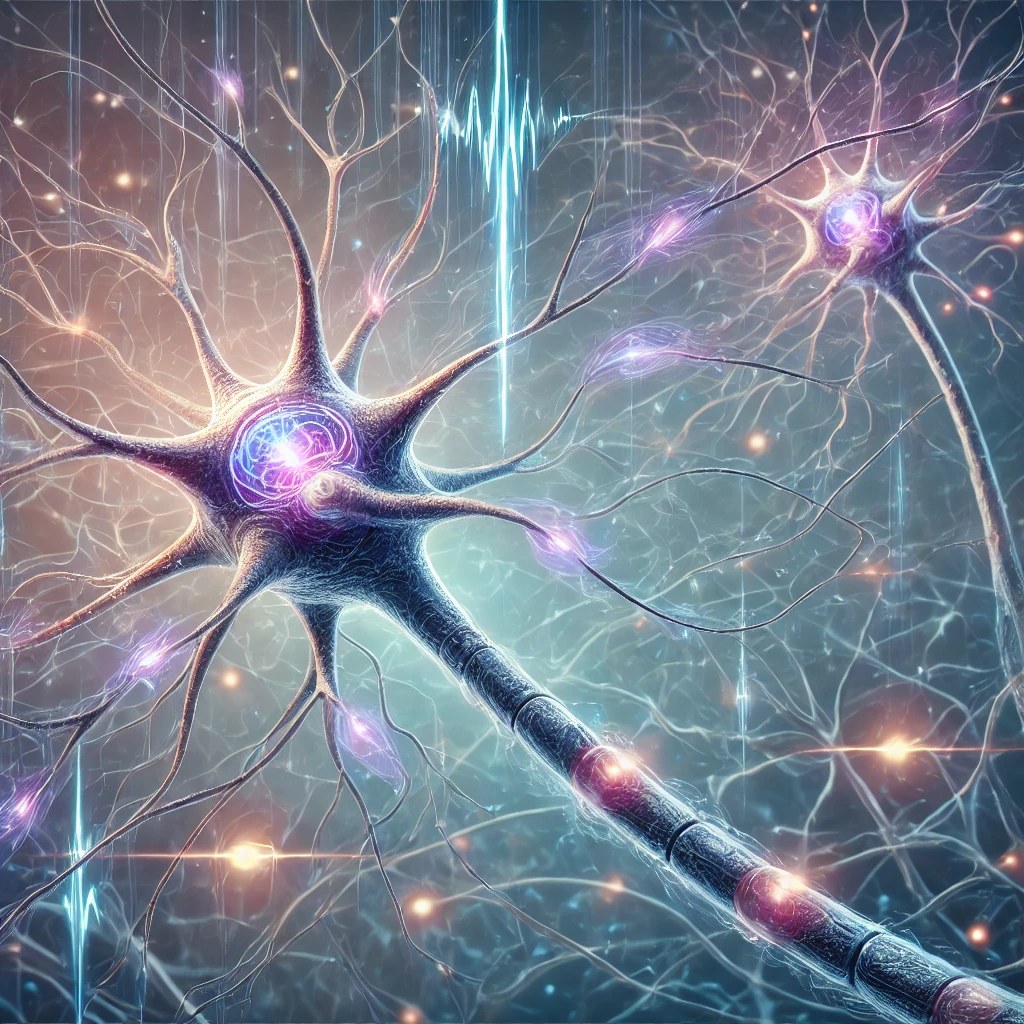What is the Brain's Ability to Adapt?
Article Source: Nature - Synaptic Plasticity Study

Why you should care
Synaptic plasticity is the brain's way of adapting and learning. This process is important because it helps us remember things, learn new skills, and recover from brain injuries. Understanding synaptic plasticity could lead to breakthroughs in treating mental illnesses, improving memory, and even slowing down diseases like Alzheimer’s.
Answering the question… What is the Brain's Ability to Adapt?
Synaptic plasticity refers to the brain's ability to strengthen or weaken connections between neurons, depending on how much they are used. This helps the brain adjust and learn over time. The study shows that these changes in the brain's wiring allow us to form memories and learn new information. For example, more connections can make us remember better, while fewer connections might make us forget.
How was the study done?
Researchers conducted experiments using rats and monitored the brain activity in their hippocampus—the area responsible for memory and learning. They stimulated specific neurons and observed how the connections between them changed over time. By tracking changes in synaptic strength, they measured how well the brain could adapt to new experiences or learning tasks.
What was discovered?
- The study found that repeated use of certain neuron pathways made synaptic connections stronger, improving memory retention by up to 40%.
- Neurons that are not used often weaken their connections by 15-20%, making the brain more efficient by focusing on frequently used pathways.
- Synaptic plasticity plays a key role in learning and memory formation, with the hippocampus showing up to 50% more activity when learning new tasks.
- The study found that drugs affecting neurotransmitters like glutamate could enhance or reduce synaptic plasticity, leading to potential treatments for mental disorders such as schizophrenia and depression.
- In rats, the hippocampus showed signs of increased plasticity after 30 minutes of neuron stimulation, highlighting how quickly the brain can adapt to new information.
- Researchers discovered that synaptic plasticity decreases with age, by as much as 25%, suggesting why learning and memory become harder as people grow older.
Why does it matter?
This study provides crucial insights into how the brain adapts to new experiences and learns. By understanding synaptic plasticity, scientists can develop therapies to enhance learning and memory, treat neurological disorders, and even slow down the cognitive decline associated with aging. This could change the future of mental health treatment, making the brain more adaptable and resilient.
